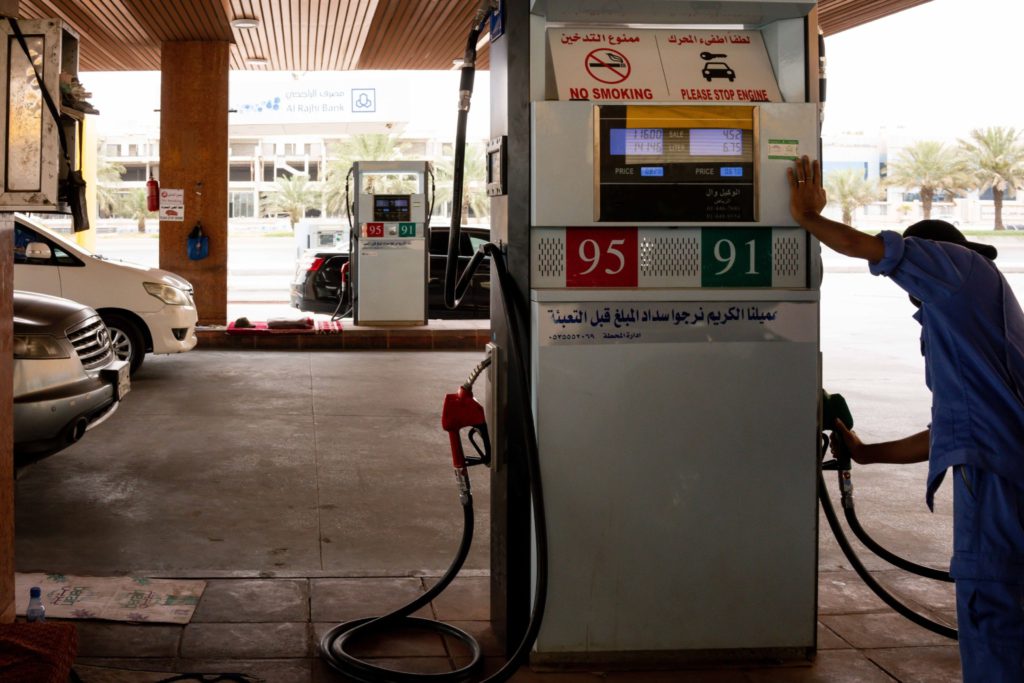(Bloomberg) — Oil rose after Saudi Arabia boosted the prices of its crude, signaling confidence in the demand outlook despite the spread of the omicron variant of the coronavirus.
Western Texas Intermediate rose as much as 3.6%, trading around $68 a barrel, on Monday. The kingdom increased its oil prices for customers in Asia and the U.S. for January, just days after the OPEC+ alliance agreed to boost output for the same month. Prices for its high-sulfur barrels in Asia were the highest since at least 2000.
Meanwhile, initial data on omicron from South Africa — the epicenter of the outbreak — doesn’t show a resulting surge of hospitalizations. Markets across the globe have been roiled since the variant emerged in recent weeks, prompting concerns about a potential hit to the economic rebound.
“We have seen some inklings that omicron is not going to be the worst-case scenario, which is what was priced into oil,” said Rebecca Babin, senior energy trader at CIBC Private Wealth Management.
The U.S. said over the weekend that chances of Iran rejoining the nuclear deal may be slipping away. The briefing was one of the most pessimistic American assessments of the negotiations yet, dampening any expectations of a quick return of Iranian oil to the market.
Also see: Oil ETFs See $500 Million Cash Influx After Crude Price Plunge
While oil on Friday capped a sixth consecutive week of declines — the longest stretch since 2018 — it has begun to recover from the stark drop that began in late November, when omicron led to renewed restrictions on travel. OPEC+ decided to keep adding extra barrels to the market in January, but essentially put a floor under prices by giving itself the option to change the plan at short notice.
“The oil market seems to now be convinced that higher price levels are warranted and premiums are added to the bargains of last week,” Louise Dickson, a senior oil markets analyst at Rystad Energy, wrote in a note to clients.
Saudi Aramco raised its key Arab Light grade for customers in Asia by 60 cents from December to $3.30 a barrel above a benchmark, according to a statement from the state producer. That followed comments last week from Aramco Chief Executive Officer Amin Nasser that he was “very optimistic” about demand and that the market had overreacted to omicron.
White House medical adviser Anthony Fauci said Sunday that there doesn’t look to be a great degree of severity to the new strain, while cautioning it’s too early to be certain. Omicron has so far spread to at least 17 U.S. states.
More stories like this are available on bloomberg.com
©2021 Bloomberg L.P.











